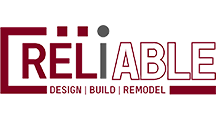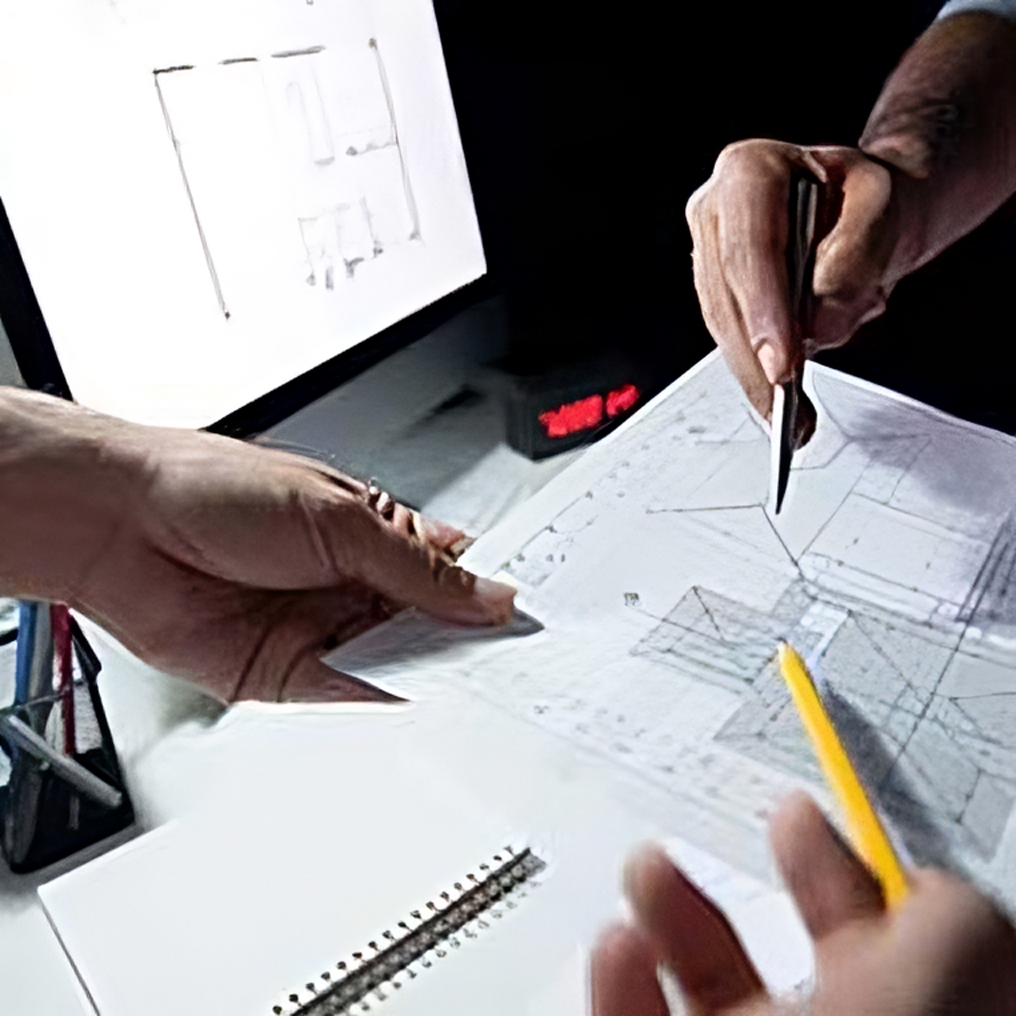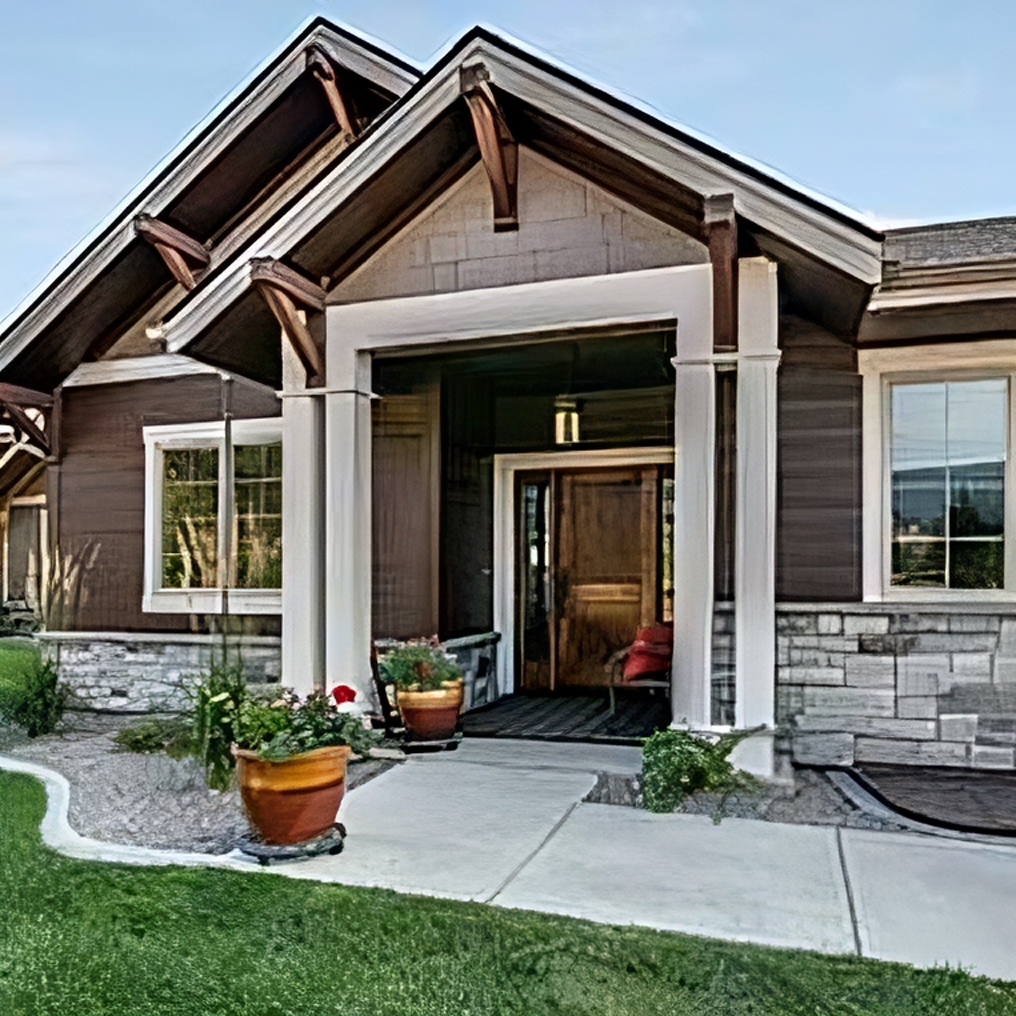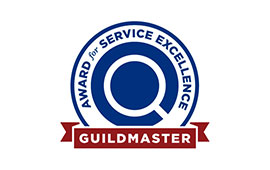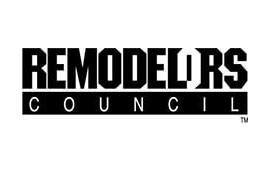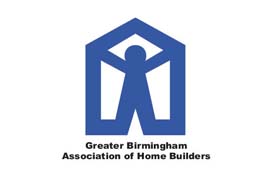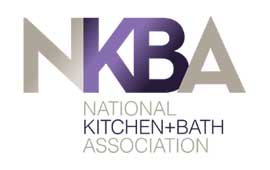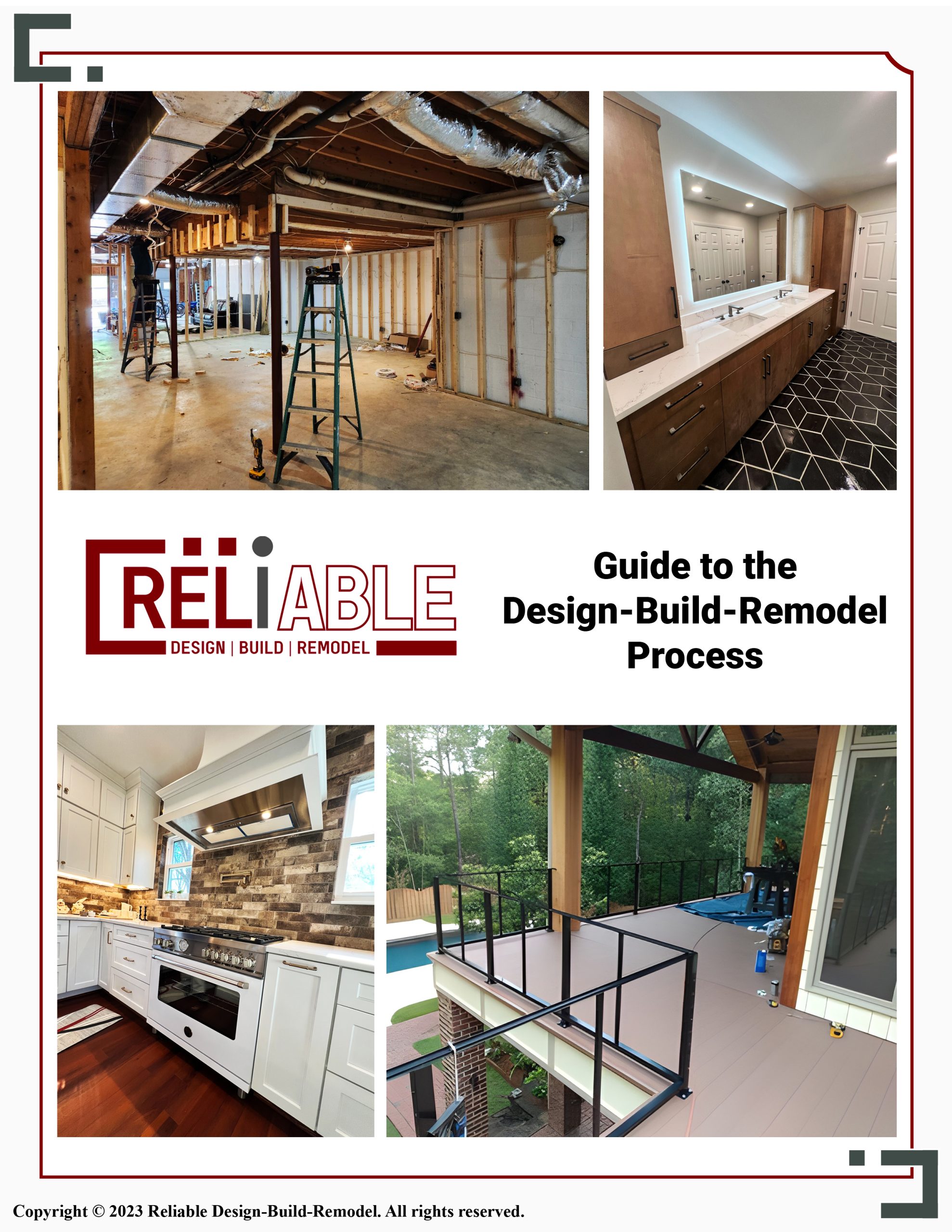At Reliable Design-Build-Remodel, we know that smoke detector installation is a crucial part of home safety. Whether you’re updating your home or starting from scratch, ensuring your smoke detectors are installed properly can save lives and protect your property. In this guide, we’ll cover everything you need to know about smoke detector installation, from costs and professional requirements to placement tips and maintenance recommendations.
International Building Code Rules
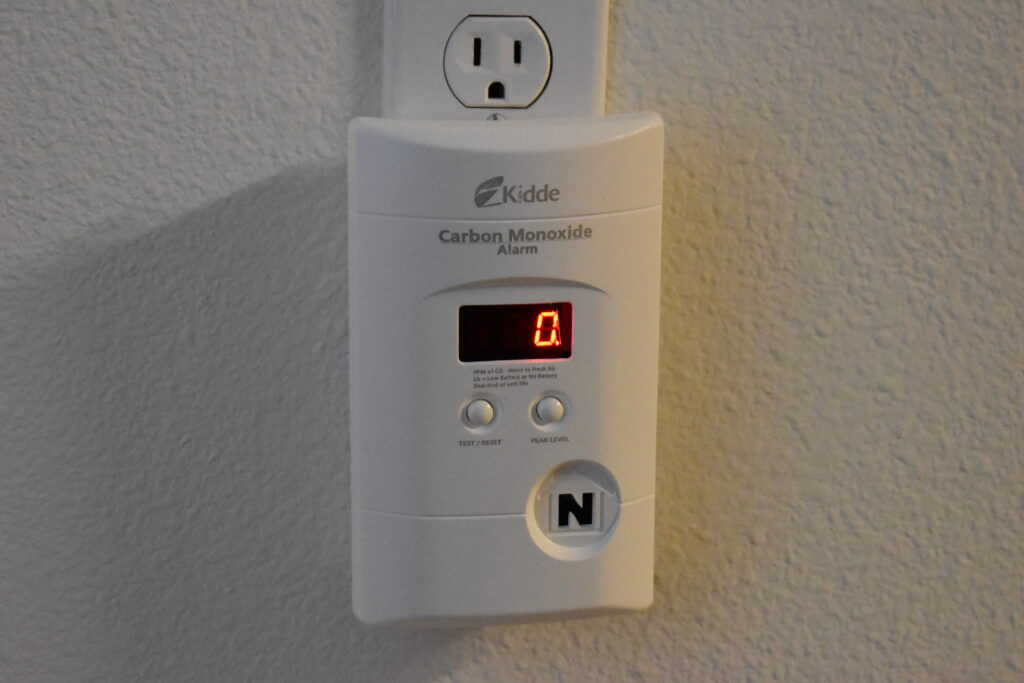
Before we get into the Q&A portion of the blog, we want to dive into the International Building Code mandate regarding smoke detectors in a construction project. IBC code R314.2.2 states, “Where alterations, repairs or additions requiring a permit occur, or where one or more sleeping rooms are added or created in existing dwellings, the individual dwelling unit shall be equipped with smoke alarms located as required for new dwellings“. The exceptions to this rule are exterior remodeling projects, door and window replacements, or new home additions such as deck construction; this is for the obvious reason that exterior work does not require installation of smoke alarms because…it’s outside. Installation and/or alteration of plumbing or mechanical aspects of a home are also exempt from this provision.
Similarly, IBC code R315.2 deals with carbon monoxide detectors, an equally important piece of equipment. R315.2 subsections 1 and 2 say, “For new construction, carbon monoxide alarms shall be provided in dwelling units where either or both of the following conditions exist.
- 1.The dwelling unit contains a fuel-fired appliance.
- 2.The dwelling unit has an attached garage with an opening that communicates with the dwelling unit.“
R315.2.2 deals with what happens when a contractor is working on alterations, repairs, and additions projects: “Where alterations, repairs or additions requiring a permit occur, the individual dwelling unit shall be equipped with carbon monoxide alarms located as required for new dwellings.
Exceptions:
- 1. Work involving the exterior surfaces of dwellings, such as the replacement of roofing or siding, or the addition or replacement of windows or doors, or the addition of a porch or deck.
- 2. Installation, alteration or repairs of plumbing systems.
- 3. Installation, alteration or repairs of mechanical systems that are not fuel fired.
Essentially, if you’re dealing with the potential for flames in an interior space, you need to install carbon monoxide and smoke detectors.
R315.3 deals with the location of where to install carbon monoxide detectors: “Carbon monoxide alarms in dwelling units shall be installed outside of each separate sleeping area in the immediate vicinity of the bedrooms. Where a fuel-burning appliance is located within a bedroom or its attached bathroom, a carbon monoxide alarm shall be installed within the bedroom.” R315.4 says, “Combination carbon monoxide and smoke alarms shall be permitted to be used in lieu of carbon monoxide alarms“, meaning that you can have a two-for-one device instead of separate devices and it still would be within regulation.
R315.5 says this: “When more than one carbon monoxide alarm is required to be installed within an individual swelling unit in accordance with Section R315.3, the alarm devices shall be interconnected in such a manner that the actuation of one alarm will activate all of the alarms in the individual dwelling unit. Physical interconnection of carbon monoxide alarms shall not be required where listed wireless alarms are installed and all alarms sound upon activation of one alarm.
Exception:
- Interconnection of carbon monoxide alarms in existing areas shall not be requires where alterations or repairs to not result in removal of interior wall or ceiling finishes exposing the structure, unless there is an attic, crawl space or basement available that could provide access for interconnection without the removal of interior finishes.“
And R315.6 talks about what powers carbon monoxide alarms: “Carbon monoxide alarms shall receive their primary power from the building wiring where such wiring is served from a commercial source and, where primary power is interrupted, shall receive power from a battery. Wiring shall be permanent and without a disconnecting switch other than those required for overcurrent protection.
Exceptions:
- 1. Carbon monoxide alarms shall be permitted to be battery operated where installed in buildings without commercial power.
- 2. Carbon monoxide alarms installed in accordance with Section R315.2.2 shall be permitted to be battery powered.
DISCLAIMER: Be sure to check with your local municipal authority on building regulations to see if these rules need to be supplemented or can be disregarded! These regulations are massively important to ensure safety standards for countries across the globe! Now that we have all the regulations out of the way, time for Q&A!
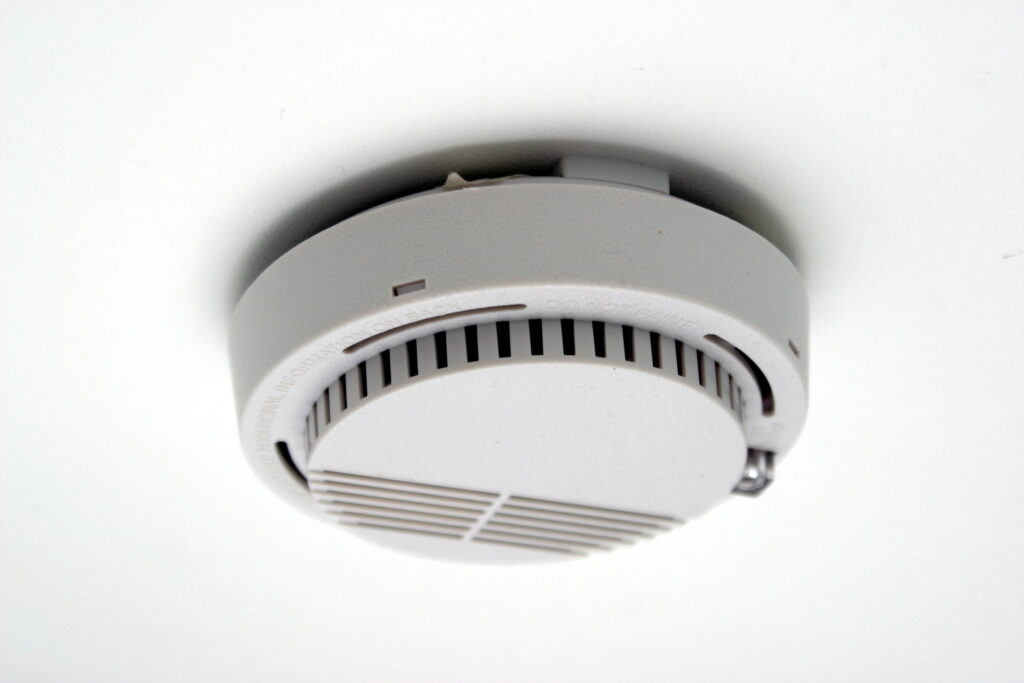
How much does it cost to install a smoke detector?
The cost of installing a smoke detector can vary based on factors such as the type of detector, the complexity of the installation, and whether professional assistance is required. On average, a basic battery-operated smoke detector costs between $10 and $50, while hardwired smoke detectors range from $30 to $100 per unit. If you hire an electrician to install hardwired smoke detectors, you can expect to pay between $150 and $350 per unit, including labor costs. For homeowners looking to install a whole-home smoke detection system, costs can range from $500 to $2,000 depending on the number of units and the need for additional wiring.
Do I need an electrician to install a smoke detector?
Whether you need an electrician depends on the type of smoke detector you’re installing. Battery-operated smoke detectors are simple to install and do not require professional assistance. However, if you are installing hardwired smoke detectors, which are directly connected to your home’s electrical system, it’s highly recommended to hire a licensed electrician. Hardwired units provide the benefit of continuous power and interconnectivity, meaning if one alarm goes off, they all do. An electrician ensures proper wiring, compliance with local building codes, and seamless functionality.
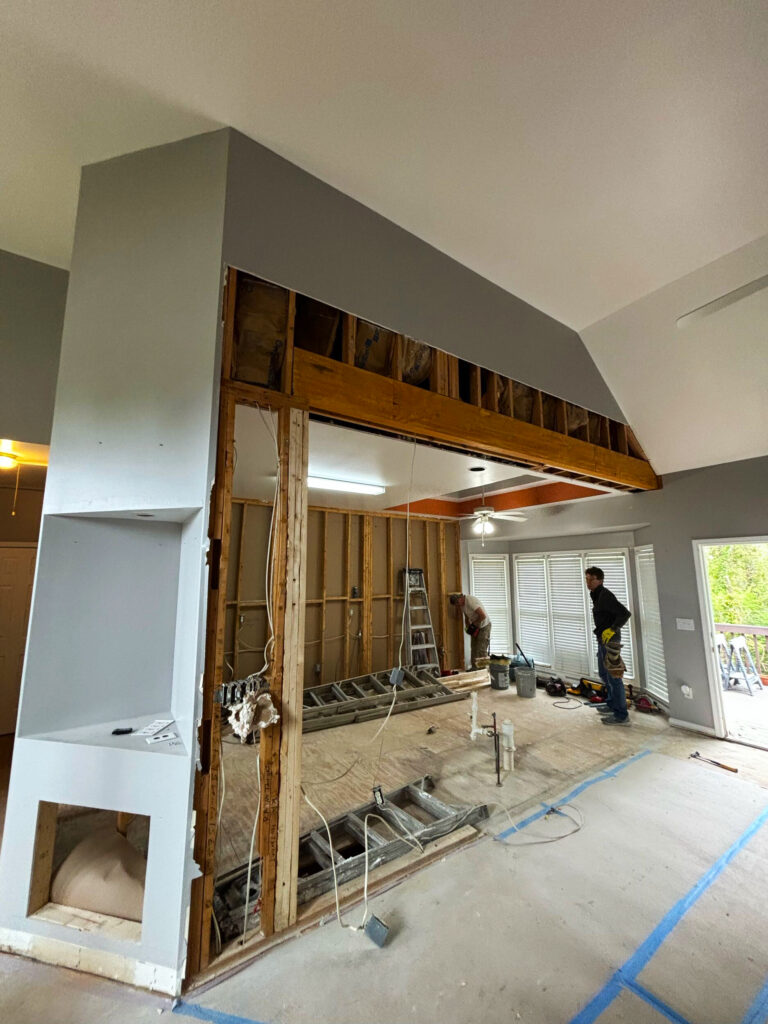
Can you install a smoke detector yourself?
Yes, you can install a battery-operated smoke detector yourself with basic tools and knowledge. Most battery-powered smoke detectors come with easy-to-follow instructions, and installation usually requires just a drill and screws. However, if you’re installing a hardwired smoke detector, DIY installation is not recommended unless you have electrical experience. Working with electrical wiring can be dangerous, and improper installation could lead to malfunctions, false alarms, or failure during an emergency. If you’re unsure, it’s always best to consult a professional.
Where should smoke detectors not be installed?
Proper placement of smoke detectors is essential to ensure they function correctly. There are certain areas where they should not be installed:
- Bathrooms – Steam from showers can trigger false alarms.
- Near windows, doors, or vents – Airflow can prevent smoke from reaching the sensor.
- In kitchens (near stoves and ovens) – Cooking smoke and grease can cause frequent false alarms. Instead, install a heat detector in the kitchen.
- Garages – Car exhaust and temperature fluctuations can interfere with the detector’s accuracy.
- Unfinished attics or crawl spaces – Extreme temperatures and humidity can damage the device.
Instead, smoke detectors should be placed in hallways, bedrooms, living spaces, and near staircases for optimal coverage.
Do smoke detectors automatically call the fire department?
Standard smoke detectors do not automatically call the fire department. They emit a loud alarm to alert the occupants of smoke or fire, but they are not connected to emergency services. However, some modern smoke detectors, particularly smart smoke detectors, can send alerts to your phone and may be integrated with home security systems that can automatically notify a monitoring service. If your system includes professional monitoring, the service may contact emergency responders if the alarm is triggered.
How often should I replace smoke detectors?
Smoke detectors have a limited lifespan and should be replaced every 8 to 10 years, even if they still appear functional. Over time, dust, humidity, and wear can affect their sensors. Additionally, batteries should be replaced at least once a year in battery-operated units. Many modern smoke detectors come with sealed lithium batteries that last for the device’s entire lifespan, eliminating the need for battery changes. To ensure your smoke detectors are working properly, test them monthly by pressing the test button.

Smoke detectors are an essential safety feature in every home. Whether you’re installing them for the first time or replacing old units, proper placement and maintenance can make all the difference in an emergency. If you’re unsure about installation, especially for hardwired models, it’s always best to consult a professional. At Reliable Design-Build-Remodel, we prioritize safety and quality workmanship—contact us today for assistance with your home safety needs!
Reliable Design-Build-Remodel is a full service general construction firm and remodeling contractor operating in the Birmingham metro and Jefferson and Shelby County areas and surrounding communities, including Birmingham, Helena, Chelsea, Mountain Brook, Hoover, Homewood, Montevallo, Alabaster, Vestavia Hills, and Pelham, with over 30 years of servicing our valued clients. Offering full service suite of general remodeling, design and build services. Our specialties include bathroom remodeling, kitchen remodeling, exterior renovations, interior renovations, painting, and more!
Visit us at reliablerem.com, and like and follow us on Facebook and Instagram!
Image rights: https://creativecommons.org/licenses/by-sa/3.0/
